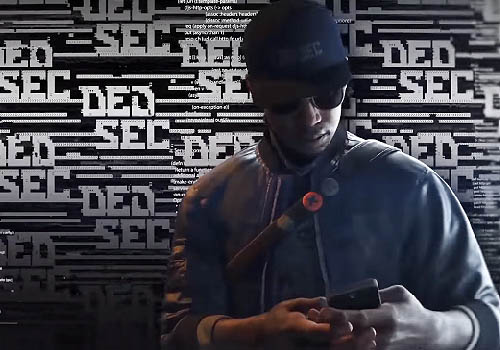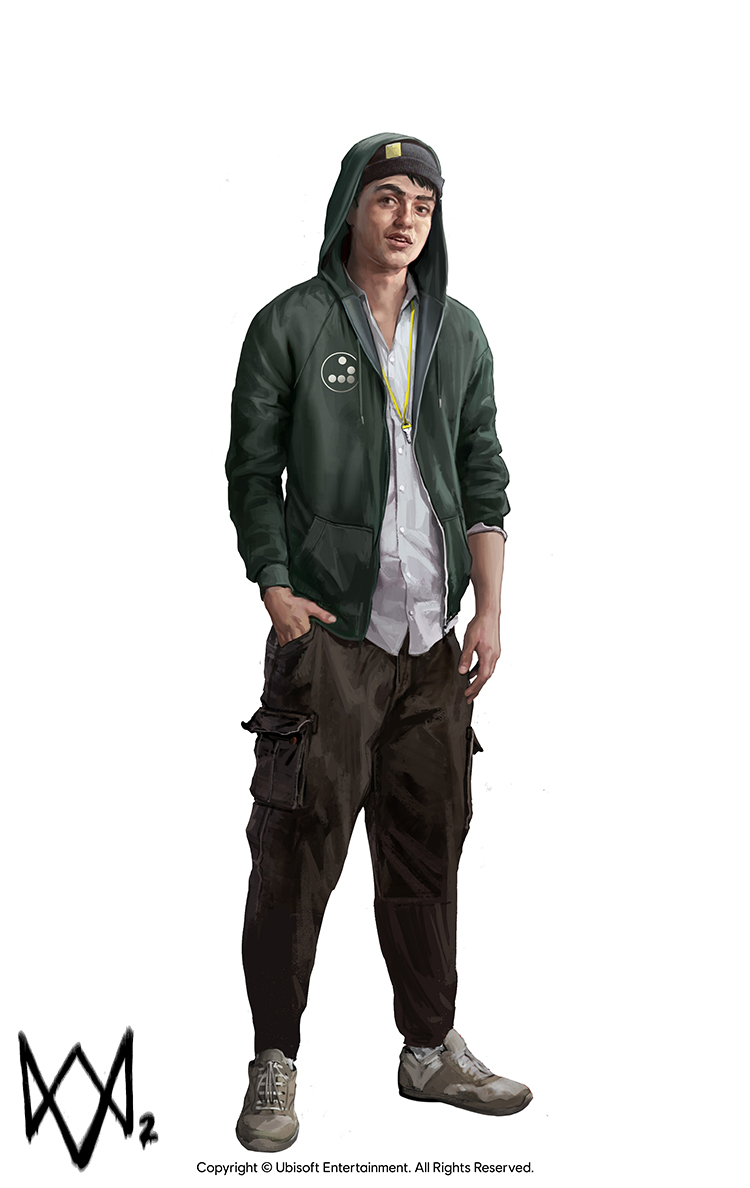


I expected the answer to revolve mostly around the bizarre nature of being a piece of a huge video game production and the acting challenge that presents – but the real answer is far more meaningful. You’d think an actor auditioning amid a pandemic might be a little upset about that, but Prentiss’ reaction is almost nostalgic – his time bringing Marcus to life was clearly hugely important to him, and we spend the rest of our time together breaking down why. When I ask the inevitable question about whether he’d been contacted to bring Marcus back to life for Watch Dogs Legion, Prentiss is quick to tell me no – but that he’d still love to. Marcus is different because we don't get to see Black characters who are doing something out of the norm for what pop culture says Black people are cool for. Ruffin Prentiss was the actor giving Marcus that life, and while I was sad to learn during a recent conversation that he likely won’t return to the Watch Dogs universe anytime soon, we had a lot to discuss about how much a well-written video game character – and a Black character in particular – could mean to their actor and a community at large. Watch Dogs 2’s Marcus Holloway was a very different kind of lead, a character that displayed a consistently sympathetic flicker between brash confidence and nervousness, a passionately held personal philosophy, and a general friendliness missing from so many scripted protagonists.Īs with most AAA open worlds, that character could become veiled by gunfire and absurdity when you actually began to control him, but the Marcus Holloway of Watch Dogs 2’s cutscenes felt notably like a person, not just a collection of voice lines designed to string missions together. Game characters – and leading game characters in particular – are so often built as a vessel for players to fill out that they end up, paradoxically, lacking much character at all.


 0 kommentar(er)
0 kommentar(er)
